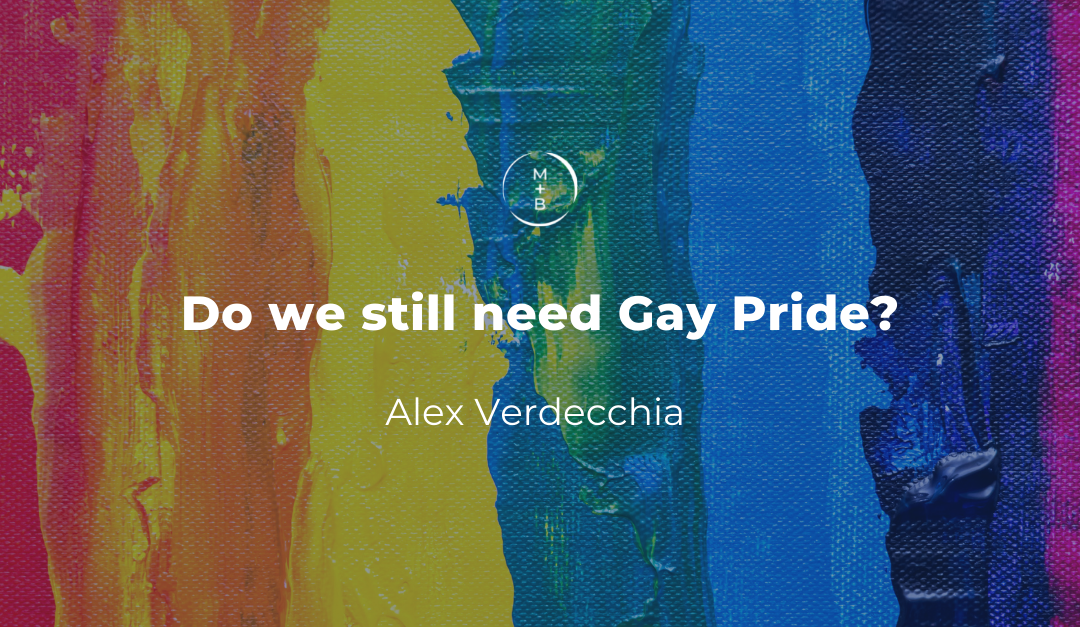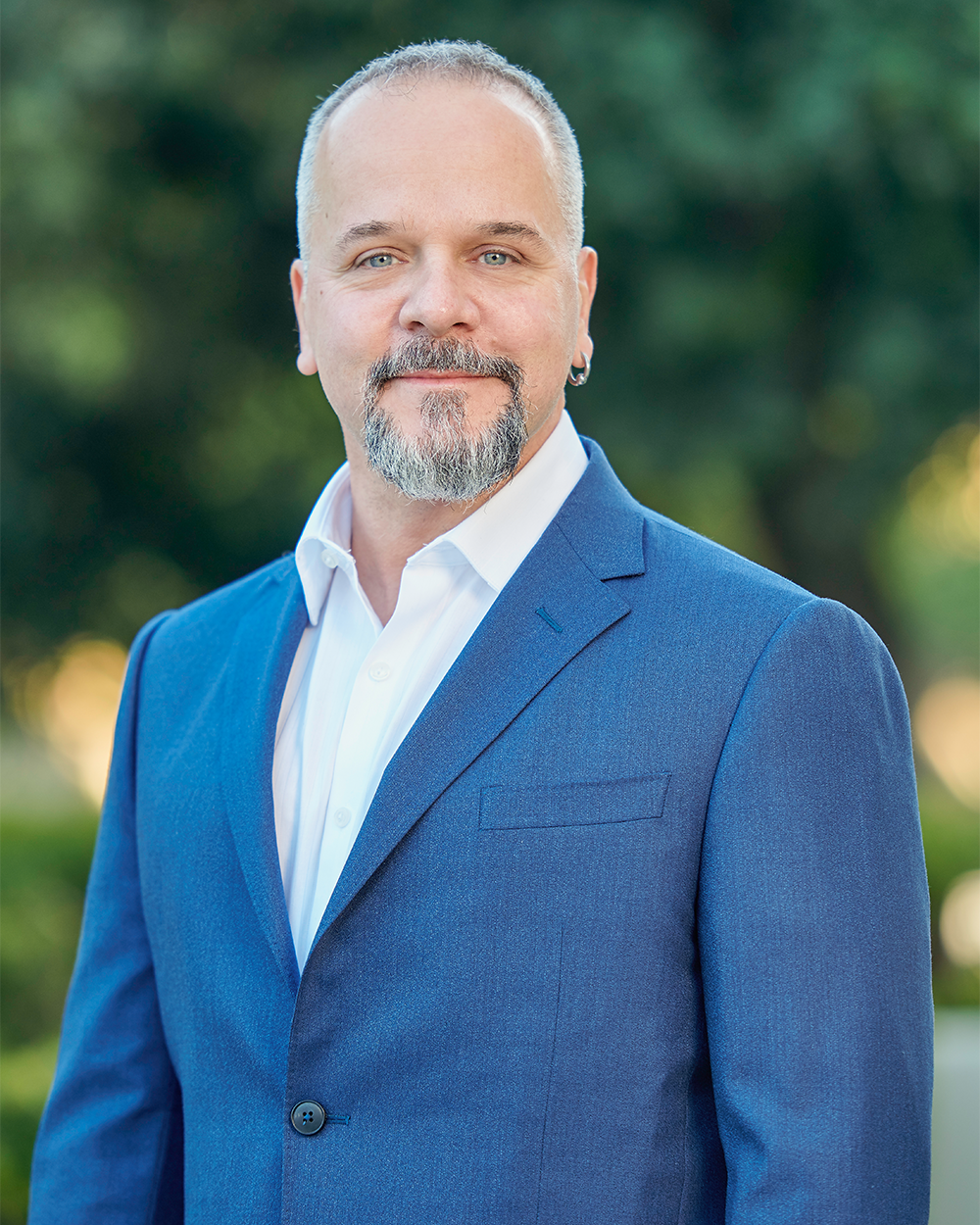June is Pride Month, and during this month, cities generally hold their festivities and parades on different weekends. Toronto and San Francisco were planning theirs for June 27th, but both were canceled due to the current health concerns. When discussing this with a friend, I was asked if Pride was still important — and I had to think about it. Being of a certain age, Pride, for me, no longer represents the weekend of debauchery it once did, and my days of dancing on speakers are (likely) over. With broader, more mainstream acceptance, a lot has changed. The bars we once spent way too much time in have largely evaporated. Online dating has changed the landscape completely. Arguably, things are better — at least on a more grand, societal scale. So, do we need Pride? Do we need the parade? Is it still important?
A few days later, I went for a walk with my husband and found myself surveying the landscape, assessing the risk I might expose us to if I was too outwardly affectionate. This wasn’t a one-off. This happens frequently, and I’m sure there are many others who do the same.
"I went for a walk with my husband and found myself surveying the landscape, assessing the risk I might expose us to if I was too outwardly affectionate. This wasn’t a one-off. This happens frequently, and I’m sure there are many others who do the same."
Even after all the progress made, we remain vigilant about where we are, who we are around, and whether we invite danger by being too much ourselves. Why? Because:
We still get attacked if we hold hands with the one we love.
We get banned from taking the person we love to Prom.
Our sexual orientation gets hurled at us as an insult.
Law enforcement turns a blind eye to violence done to us.
We are denied services in restaurants, bakeries, or other public places.
We can still be denied housing in 20 states and every territory in the U.S.
We commit suicide at higher rates than our heterosexual peers.
We can still get fired from our jobs in 29 states and every territory in the U.S.
We can be denied medical help.
We still have to come out.
We have to come out constantly.
We still get murdered for who we are.
We can only travel to certain countries for fear of our lives.
We are jailed and considered illegal in some countries.
Lawmakers ban us from playing sports.
Lawmakers tell us which bathrooms we can and cannot use.
We face the death penalty by governments in several countries.
Revulsion about us can be used as a defense by our murderers.
Our youth commit suicide at three times the rate of their heterosexual peers.
We still get kicked out of our homes and rejected by our families for coming out. As a result, we make up 25% to 40% of homeless youth.
We are generally represented in the media as a stereotype and are more likely to be a villain, a scorned character, comic relief, or dying of AIDS.
We’re told God hates us, or at the very least, we’re labeled sinners, abominations, or as “intrinsically immoral” by some religious groups.
For one day, we aren’t quite so vigilant because there is safety in numbers. We come together in celebration of friends and chosen family. We come together to raise awareness and protest those who continue to oppress us. We come together to celebrate all that unites us. From those fresh out of the closet to those well on their way in their journeys of identity, we celebrate the myriad ways in which we are unique. We stand up in the face of all we endure, and we are loud, unabashed, and unapologetic, reveling in all that makes us who we are.
That’s why we need Pride.
Happy Pride to all my LGBTQ2SIA family.
Now, let’s dance.
About the Author
As Principal with McDermott + Bull Canada, Alex Verdecchia brings 16 years of experience in executive search. He has a strong track record of success partnering with client organizations to deliver best-in-class talent in a diverse set of industries and functional areas. At McDermott + Bull, Alex’s practice is focused on post-secondary education, NPOs, healthcare, professional colleges and associations, and municipalities.


